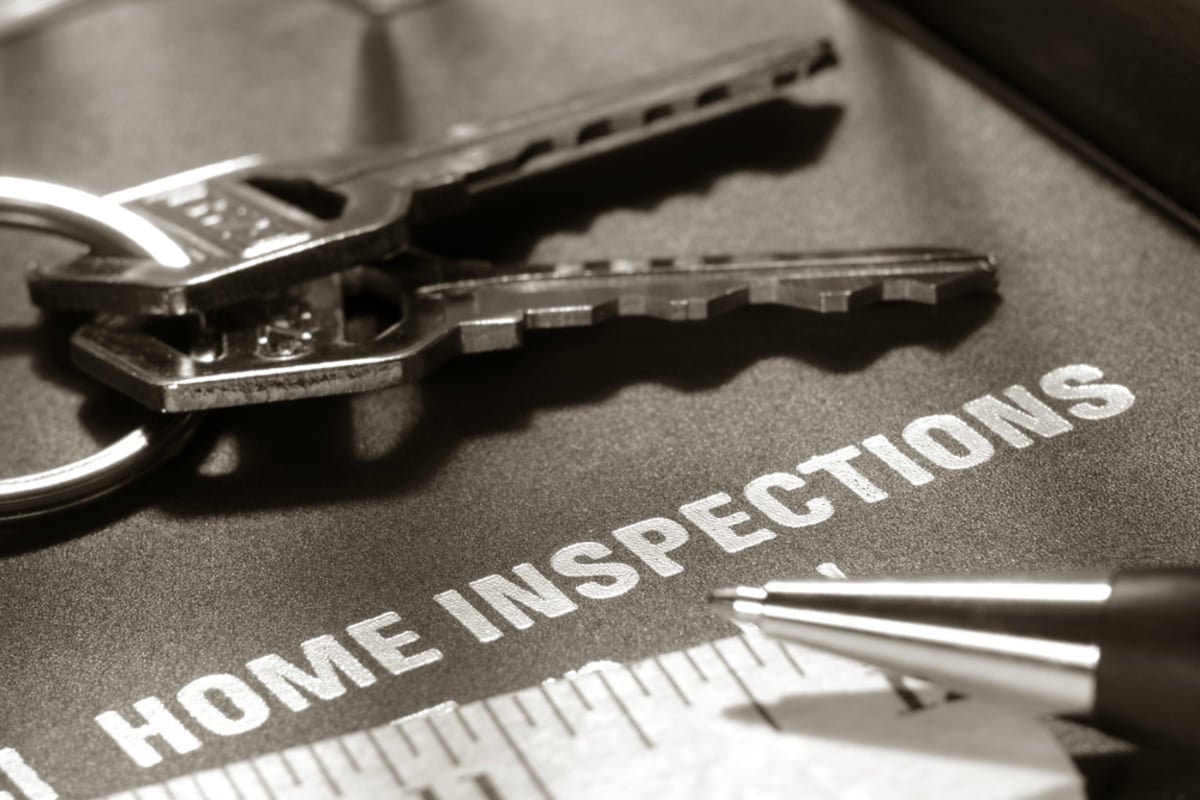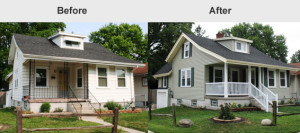February 17, 2015
by Albert Fontenot
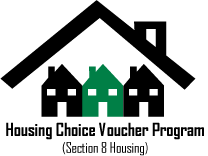
If you are new to the South Carolina real estate investment market or if you have just never seriously considered working with the federal government when it comes to your unit (s), you may wonder what the Section 8 program in Charleston is all about. Most likely, if you have given any thought to it at all, you have wondered in passing how the program affects you.
If you're like most independent landlords, at best you never bothered with registering any of your properties for the program because you didn't want any additional complications or headaches on top of your already-stressful life as a small businessperson.
At worst, you probably have a preconceived prejudice that the tenants who avail themselves of this federal program inevitably cause many more problems as a group than any other demographic.
Interestingly enough, both extremes contain a truthful nugget.
Working within the strictures of governmental limits and regulations is a tad more exacting than simply throwing up a "For Rent" sign. If you decide that the Section 8 program in Charleston is worth your time, it is imperative that you dot all your "i's" and cross all of your "t's" and otherwise follow all directions given to you to the letter.
Likewise, there are some individuals using the Section 8 program in Charleston who fall into the "Bad Tenants" category. The fact of the matter is, however, it isn't their participation in the program that causes problems, it's their behaviors. Treat them just as you would any other disruptive tenant.
According to a March 2014 article in the Post and Courier, there are 4756 families within Charleston, Berkeley, and Dorchester counties receiving Section 8 vouchers, with another 6300 families in the tri-County area on the waiting list.
To dispel the myths and misconceptions, let's take a closer look at what exactly the Section 8 program in Charleston is all about.
What is the Housing Choice Voucher program?
The Housing Choice Voucher (HCV) program is a "federally-funded rental subsidy program that assists its participants with their monthly rental payments." This is the proper name of the Section 8 program in Charleston. The goal of the program is to ensure that low-income participants have adequate housing in which to live.
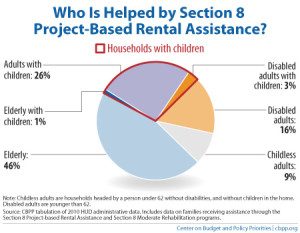
How does it work?
Under the program, eligible families and individuals will pay a portion of the rent to the landlord directly, and the HCV Office will pay the difference between that portion and the total amount due.
Generally speaking, the tenants will pay between 30%-40% of their joint income for rent, and the HCV Office will pay the rest. Remember, the payment standard includes all basic utilities.
Where does the money come from and who distributes it?
The money to support the program comes from the US Department of Housing and Urban Development (HUD) and is distributed by the Housing Authority of the City of Charleston (CHA).
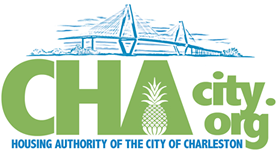
How do I participate in the Section 8 program in Charleston?
To make any properties available forparticipants with HCV vouchers, go to SocialServe.com to register any unit. When you have accepted a potential tenant has a voucher, you then fill out the packet for landlords and turn it in to the HCV office.
The office will make the determination fits the official criteria for affordability and comparability. If it meets the standards, the office schedules a Housing Quality Standards (HQS) inspection. When the inspection is passed, the property is officially registered in the program.
What is the process with new tenants possessing a voucher?
Contrary to popular misconception, you as the landlord should interview, screen, and perform the same background check on participants in the Section 8 program in Charleston as you do with any other applicant.
Once you have selected/approved the tenant, you fill out the Request for Tenancy Approval (RFTA) form and submit it to the HCV office. If the property has already passed inspection and the rent has been approved, you provide the tenant with a lease that you both sign – once again, the same as you do with any tenant. The difference is you will also sign a separate contract with the CHA called the Housing Assistance Payments Contract (HAP).
If the property has not passed inspection, you will be given up to 10 working days to correct the substandard items, and a re-inspection will be necessary to confirm the repairs.
It is important to note that participants in the program only have 60 days to find approved housing, or they may lose their eligibility. To prevent this, it is your obligation as the participating landlord to endeavor to have all properties ready for move-in before you submit the RFTA form.
After the client has moved in and the office receives copies of the signed lease and the signed HAP contract, the voucher payment will be processed. After that first payment, all subsequent payments will be issued every month on the 1st.
How much rent can I charge?
The maximum allowable rent under federal guidelines for "affordability" for the Section 8 program in Charleston is determined by the number of bedrooms. For example, an efficiency unit with no separate bedroom has a payment standard of $684 for 2015, while a five-bedroom house has a standard of $1673. The specifics for each property size can be found here.
The rates you charge will also be judged for "comparability", meaning that the HCV Office wants to determine that the rent being charged is not overly-high when compared to like units in the area.
Why is the number of bedrooms the determining factor for allowable rent?
The HCV Office allows one bedroom for every two people in the household. With the exception of spouses and children less than eight years old, all persons of the opposite sex must have separate bedrooms.
Many landlords find that by participating in the section 8 Program in Charleston they are performing a public service because they are providing quality housing for a lower-income demographic. At the same time, they are also adhering to sound business practices because in essence, the rental income generated is backed by federal funding.
In the next entry, we will discuss some of the positive and negative aspects faced by small independent landlords participating in the Section 8 program in Charleston.





